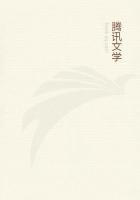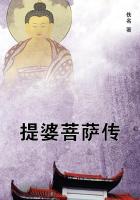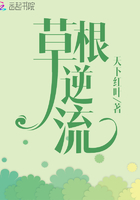That winter passed very quickly and happily for me, and at the end of the legislative session I had acquitted myself so much to the satisfaction of one of the newspapers which I wrote for that I was offered a place on it.
I was asked to be city editor, as it was called in that day, and I was to have charge of the local reporting. It was a great temptation, and for a while I thought it the greatest piece of good fortune. I went down to Cincinnati to acquaint myself with the details of the work, and to fit myself for it by beginning as reporter myself. One night's round of the police stations with the other reporters satisfied me that I was not meant for that work, and I attempted it no farther. I have often been sorry since, for it would have made known to me many phases of life that I have always remained ignorant of, but I did not know then that life was supremely interesting and important. I fancied that literature, that poetry was so; and it was humiliation and anguish indescribable to think of myself torn from my high ideals by labors like those of the reporter.
I would not consent even to do the office work of the department, and the proprietor and editor who was more especially my friend tried to make some other place for me. All the departments were full but the one I would have nothing to do with, and after a few weeks of sufferance and suffering I turned my back on a thousand dollars a year, and for the second time returned to the printing-office.
I was glad to get home, for I had been all the time tormented by my old malady of homesickness. But otherwise the situation was not cheerful for me, and I now began trying to write something for publication that I could sell. I sent off poems and they came back; I offered little translations from the Spanish that nobody wanted. At the same time I took up the study of German, which I must have already played with, at such odd times as I could find. My father knew something of it, and that friend of mine among the printers was already reading it and trying to speak it. I had their help with the first steps so far as the recitations from Ollendorff were concerned, but I was impatient to read German, or rather to read one German poet who had seized my fancy from the first line of his I had seen.
This poet was Heinrich Heine, who dominated me longer than any one author that I have known. Where or when I first acquainted myself with his most fascinating genius, I cannot be sure, but I think it was in some article of the Westminster Review, where several poems of his were given in English and German; and their singular beauty and grace at once possessed my soul. I was in a fever to know more of him, and it was my great good luck to fall in with a German in the village who had his books. He was a bookbinder, one of those educated artisans whom the revolutions of 1848
sent to us in great numbers. He was a Hanoverian, and his accent was then, I believe, the standard, though the Berlinese is now the accepted pronunciation. But I cared very little for accent; my wish was to get at Heine with as little delay as possible; and I began to cultivate the friendship of that bookbinder in every way. I dare say he was glad of mine, for he was otherwise quite alone in the village, or had no companionship outside of his own family. I clothed him in all the romantic interest I began to feel for his race and language, which new took the place of the Spaniards and Spanish in my affections. He was a very quick and gay intelligence, with more sympathy for my love of our author's humor than for my love of his sentiment, and I can remember very well the twinkle of his little sharp black eyes, with their Tartar slant, and the twitching of his keenly pointed, sensitive nose, when we came to some passage of biting satire, or some phrase in which the bitter Jew had unpacked all the insult of his soul.
We began to read Heine together when my vocabulary had to be dug almost word by word out of the dictionary, for the bookbinder's English was rather scanty at the best, and was not literary. As for the grammar, I was getting that up as fast as I could from Ollendorff, and from other sources, but I was enjoying Heine before I well knew a declension or a conjugation. As soon as my task was done at the office, I went home to the books, and worked away at them until supper. Then my bookbinder and I met in my father's editorial room, and with a couple of candles on the table between us, and our Heine and the dictionary before us, we read till we were both tired out.
The candles were tallow, and they lopped at different angles in the flat candlesticks heavily loaded with lead, which compositors once used.
It seems to have been summer when our readings began, and they are associated in my memory with the smell of the neighboring gardens, which came in at the open doors and windows, and with the fluttering of moths, and the bumbling of the dorbugs, that stole in along with the odors.
I can see the perspiration on the shining forehead of the bookbinder as he looks up from some brilliant passage, to exchange a smile of triumph with me at having made out the meaning with the meagre facilities we had for the purpose; he had beautiful red pouting lips, and a stiff little branching mustache above them, that went to the ****** of his smile.

